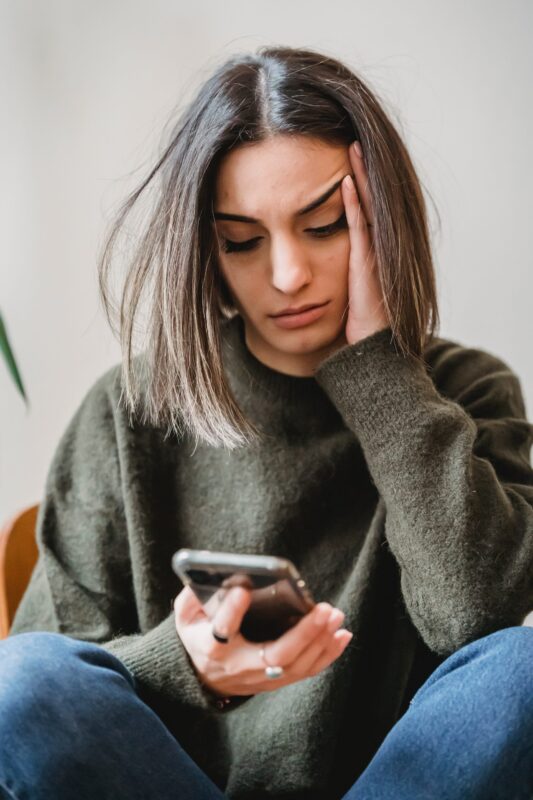
Handle With Care: Supporting Young People During Crises
The entire community is responsible for protecting and supporting children, especially in times of crisis. In empathizing with families, educators and community members who must respond to the needs of children as a traumatizing event unfolds, Learning for Justice gathered Read more >>











